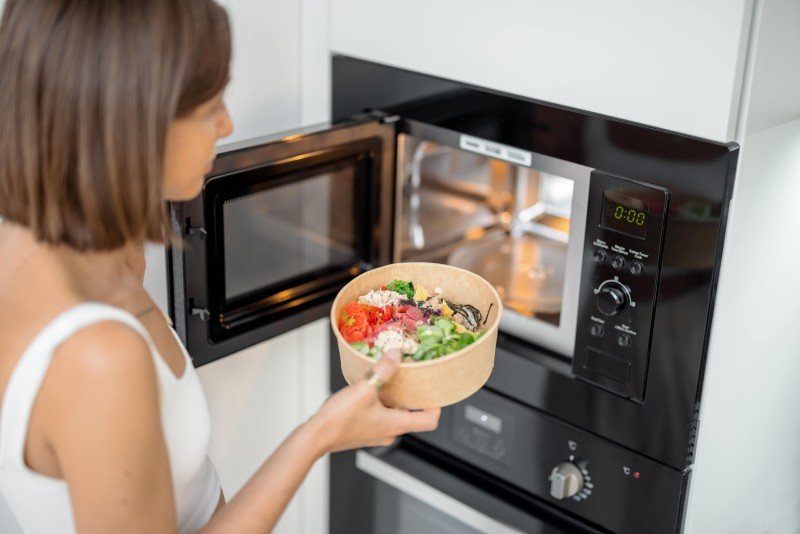The Reasons You'll Want To Find Out More About Cookers And Hobs
Understanding Cookers and Hobs: A Comprehensive Guide
Cooking is an integral aspect of everyday life, and the development of kitchen appliances plays a significant role in how efficiently and successfully individuals prepare their meals. Among these devices, cookers and hobs are two of the most vital instruments found in contemporary cooking areas. This article delves into the differences between cookers and hobs, examines their numerous types, and provides insights on their functions, maintenance, and choice procedure.
What are Cookers and Hobs?
Cookers
Cookers are detailed kitchen devices created for cooking jobs, generally combining an oven and a hob. Oven Hobs are available in various configurations and types, dealing with varied cooking requirements and choices.
Hobs
Hobs, on the other hand, are more focused home appliances mainly utilized for boiling, frying, and other stovetop cooking techniques. Hobs can be standalone units or an integrated part of larger cookers.
Feature
Cookers
Hobs
Function
Integrates oven and hob
Stovetop cooking only
Style
All-in-one system
Separate system or integrated
Types
Electric, gas, double fuel
Gas, electric, induction
Setup
Enables more versatility
Built into the countertop
Rate Range
Generally higher
Differs commonly
Types of Cookers
1. Electric Cookers
Electric cookers use electrical power as their primary power source. They frequently feature an integrated oven and multiple cooking zones on the hob.
Advantages:
- Even heat circulation
- Offered in various designs (e.g., freestanding, built-in)
2. Gas Cookers
Gas cookers work on natural gas or liquefied petroleum gas (LPG). Electric Ovens Online offer immediate heat control, making them a preferred among expert chefs.
Benefits:
- Instant heat modifications
- More inexpensive operational costs
3. Double Fuel Cookers
Double fuel cookers combine the heat of gas with the effectiveness of electric ovens. This setup enables the best of both worlds, offering control and constant outcomes.
Advantages:
- Flexible cooking alternatives
- Precise control over stovetop cooking and baking
4. Range Cookers
Range cookers are bigger and more effective than basic cookers, featuring numerous ovens and hobs for substantial cooking jobs.
Advantages:
- Ideal for big households or cooking for occasions
- Provides different cooking alternatives in one home appliance
Types of Hobs
1. Gas Hobs
Gas hobs are favored for their fast heating and strong flame, making them outstanding for scorching and stir-frying.
Benefits:
- Instant heat and control
- Suitable with any kind of cookware
2. Electric Hobs
Electric hobs heat up utilizing electric coils or glass-ceramic surfaces, providing a modern-day look and effective cooking.
Advantages:
- Easier to clean
- Uniform surface area appropriate for numerous pots and pans
3. Induction Hobs
Induction hobs utilize electromagnetic fields to heat pots and pans straight, using quickly and energy-efficient cooking.
Benefits:
- Safe (cool surface after eliminating cookware)
- Energy-efficient and precise
4. Solid Plate Hobs
These traditional hobs use strong electric plates that warm up slowly.
Benefits:
- Rugged and long lasting
- Generally more affordable than other types
Key Features to Consider
When choosing a cooker or hob, several features ought to be taken into account:
- Size and Space: Consider the size of your kitchen and the quantity of workspace required.
- Cooking Style: Choose based on preference— gas for control, induction for efficiency, and so on.
- Effectiveness Ratings: Look for energy-efficient models to decrease utility costs.
- Reduce of Cleaning: Smooth surfaces assist in simple maintenance.
- Security Features: Automatic shutoff, flame failure devices, and kid locks enhance security.
Maintenance Tips
Keeping cookers and hobs extends their life-span and makes sure safe operations.
- Routine Cleaning: Wipe down surfaces after use to avoid buildup.
- Examine Seals: Check oven door seals frequently for wear and tear to keep performance.
- Service Regularly: Schedule expert servicing at least as soon as a year.
- Ideal Cookware: Use pots and pans proper for your hob type to prevent damage.
Frequently Asked Questions (FAQs)
What is the difference in between a cooker and a hob?
A cooker integrates an oven and hob in one unit, while a hob is generally a standalone home appliance for stovetop cooking.
Do I require an expert to install a gas cooker or hob?
Yes, expert setup is advised for gas home appliances to ensure security and compliance with regional policies.
Can I use any kind of pots and pans on induction hobs?
Induction hobs need magnetic cookware. Stainless steel or cast iron pots work best. Non-magnetic materials will not warm up.
Are electric cookers more energy-efficient than gas cookers?
While both have benefits, electric cookers tend to be more energy-efficient total, especially with contemporary, high-efficiency models.
How often should I clean my cooker or hob?
It is best to clean them after each use and carry out a thorough cleansing weekly to prevent buildup and residue.
Comprehending the distinctions, features, types, and maintenance tips for cookers and hobs is necessary for any home cook. By choosing the best appliance suited to their culinary requirements, users can enhance their cooking experience, making meal preparation an effective and enjoyable task. Whether selecting the instantaneous control of gas or the sleek performance of induction, selecting the proper cooker or hob can result in an especially enhanced kitchen experience.
